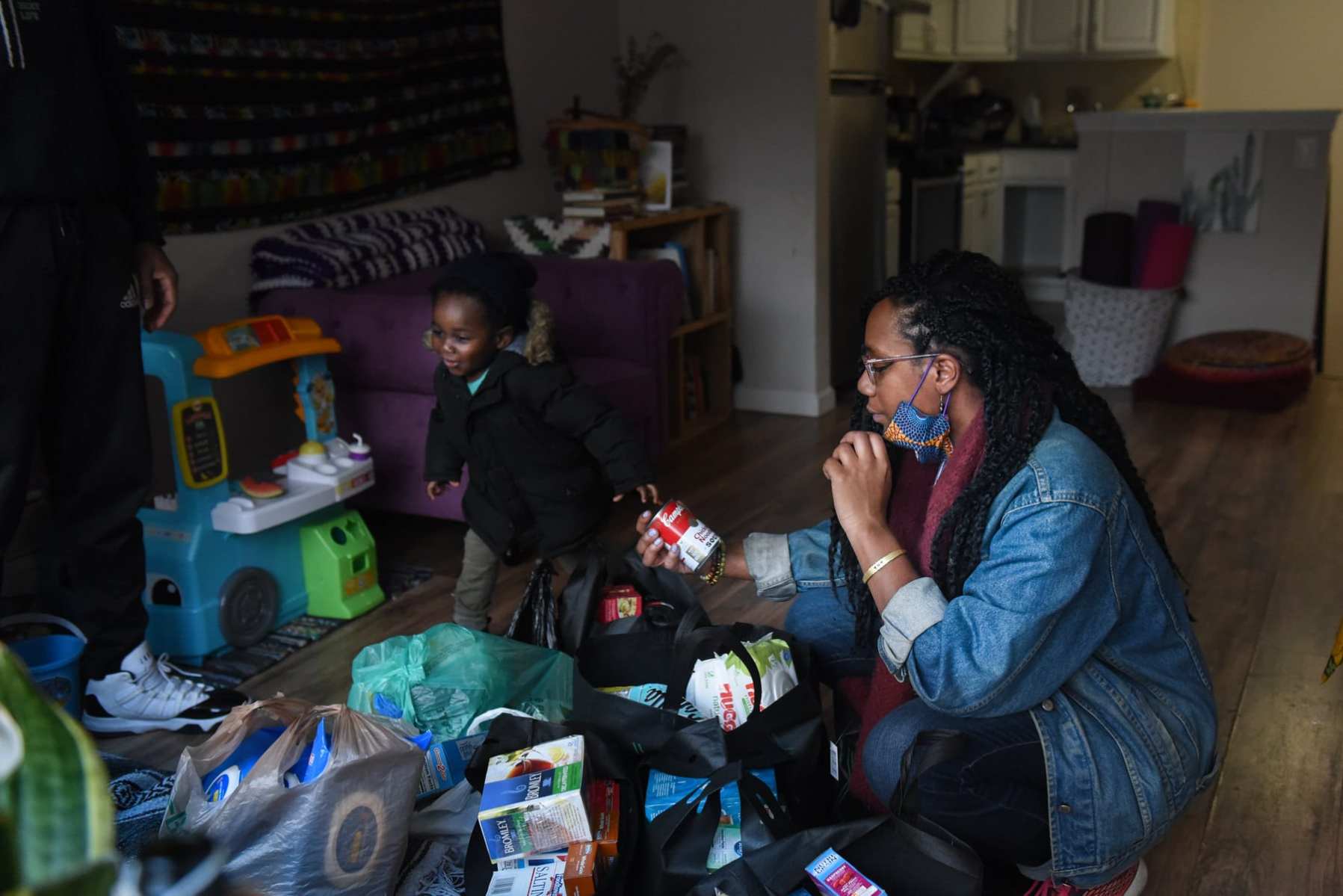While the labor market made modest gains in February, Black women continue to be left behind.
They were the only group of women who saw their unemployment rate rise significantly in February — up to 8.9 percent from 8.5 percent in January — and the only group of women that lost workers in the labor force. Some 11,000 Black women left the workforce last month, while other groups added thousands of workers, according to new data released by the Bureau of Labor Statistics on Friday.
Overall, the economy added 379,000 jobs last month — a slight bump in what has been months of stalled growth. Since September, the labor market has added only a few hundred thousand jobs per month and has at times lost jobs. In December, it shed 227,000 jobs.
That stagnant growth is reflected in the number of jobs that have yet to return: about 9.5 million. About 54 percent of those are jobs held by women.
“If there is a perception that the overall economy is doing better while the unemployment rate keeps rising for Black women, for Latina women — we have a huge problem,” said Fatima Goss Graves, the president and CEO of the National Women’s Law Center.
The story of this recession is an unequal one. Some groups have started to bounce back more robustly. White women’s unemployment rate is 5.2 percent, and for White men, it’s 5.3 percent, edging closer to the unemployment rate pre-pandemic of about 3 percent for White men and women.
But for groups of color, the unemployment rate has at times increased dramatically. For Black women, the unemployment rate has increased over the past two months. Latinas have an unemployment rate of 8.5 percent. The only group whose rate is higher is Black men with 10.2 percent.
And still the unemployment rate doesn’t fully capture the true depths of the crisis. It doesn’t count workers who have left the labor force and are not looking for work, oftentimes because the pandemic has barred them from doing so. That is the case for many women who were forced out of jobs because of child care responsibilities.
If those people were counted, the unemployment rate for women overall would be 8.8 percent instead of 5.9 percent, according to an analysis by the National Women’s Law Center. For Black women it would be 14.1 percent and for Latinas it would be as high as 13.1 percent.
Meanwhile, the share of people who are long-term unemployed — those without work for more than six months — continues to grow. In February, it was 4.1 million, making up nearly 42 percent of the unemployed. The longer workers are out of the labor force, the harder it is for them to rejoin it, and rejoin it in a similar position or for similar pay as they received before.
Because women are more likely to be out of work than men, this is expected to exacerbate the gender pay gap.
And the cuts for women keep coming in fields like education, where women are more likely to be employed. Local education jobs were down by 37,000 positions and state jobs were down 32,000 in February.
Health care added 46,000 jobs last month, but the nursing care sector, which predominantly employs women of color, lost 12,000 jobs.
There are two bright spots: The retail industry added 41,000 jobs, and leisure and hospitality, the industry most hit by the pandemic and the one responsible for some of the heavy losses to women’s employment, added 355,000 jobs in February as some parts of the country eased pandemic restrictions. Leisure and hospitality is still down 3.5 million jobs from the same time last year — about 20 percent.
The numbers come as the Senate prepares to vote as soon as this weekend on a $1.9 trillion stimulus package that includes a number of provisions that would help women most, including nearly $40 billion in funding and grants for the child care industry, $1,400 checks, and the expansion of the child tax credit to as much as $3,600 per child for the youngest kids.
Goss Graves, who has been involved in advocating for the elements that most help women in discussions with Vice President Kamala Harris, said the package needs to reflect the need of the moment.
“This is not the economic crisis from a decade ago. This is one that looks very different, one that is driven by job loss among women,” she said. “So what it looks like to have a job creation plan to build our economy for the future — women have to be at the center of that conversation.”






